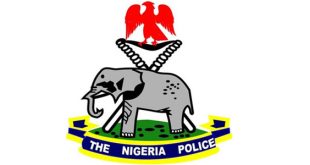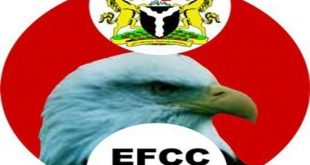By Ekpenyong Emmanuel
Former military leader Gen. Ibrahim Babangida’s recent admission that Chief MKO Abiola won the June 12, 1993, presidential election has reignited discussions about Nigeria’s democratic history.
However, Hafsat Abiola-Costello, daughter of the late MKO Abiola, has stated that this acknowledgment does not undo the harm inflicted on her family and the Nigerian people.
Babangida’s revelation, made in his autobiography A Journey in Service, confirms what many Nigerians have long believed—that the annulled election was a legitimate victory for Abiola.
While some see this as a step toward setting the historical record straight, Hafsat argues that the confession changes little for those who endured the consequences of that decision.
In a statement released on Friday, she said, “For decades, Nigerians have known the truth. This is not new to us. But it is important that history records it from those who played a role in that dark chapter.”
Hafsat reflected on the sacrifices of her parents, MKO and Kudirat Abiola, who dedicated their lives to democracy.
She emphasized that June 12 was more than just a personal loss for her family—it was a national tragedy.
“When anyone mentions June 12, my mind always goes to MKO and Kudi. But June 12’s staying power was because the vote that Nigerians expressed that day was a vote for a better future and for unity”.
“MKO may have been the symbol of the Hope ‘93 campaign but June 12 was about more than one man, it was about the promise of Nigeria that would deliver for Nigerians” .
“For those that kept expressing doubt that Nigerians had spoken so decisively on that day, I’m glad that General IBB’s admission that MKO won the election can now lay the matter to rest” .
“It’s sad that such a galvanising statement as the breakthrough vote for MKO should have been truncated by an unjust annulment” .
“But I will be forever grateful to both MKO and Kudi for not allowing their fears for their personal safety to stand in the way of the people’s desire for a better Nigeria. May such commitment endure.”
Babangida, who annulled the election over three decades ago, recently expressed regret, claiming that pressures from military forces influenced his decision.
However, for Hafsat and many others, the impact of that annulment remains an unhealed wound in Nigeria’s history.
 National Telescope national telescope newspaper
National Telescope national telescope newspaper



